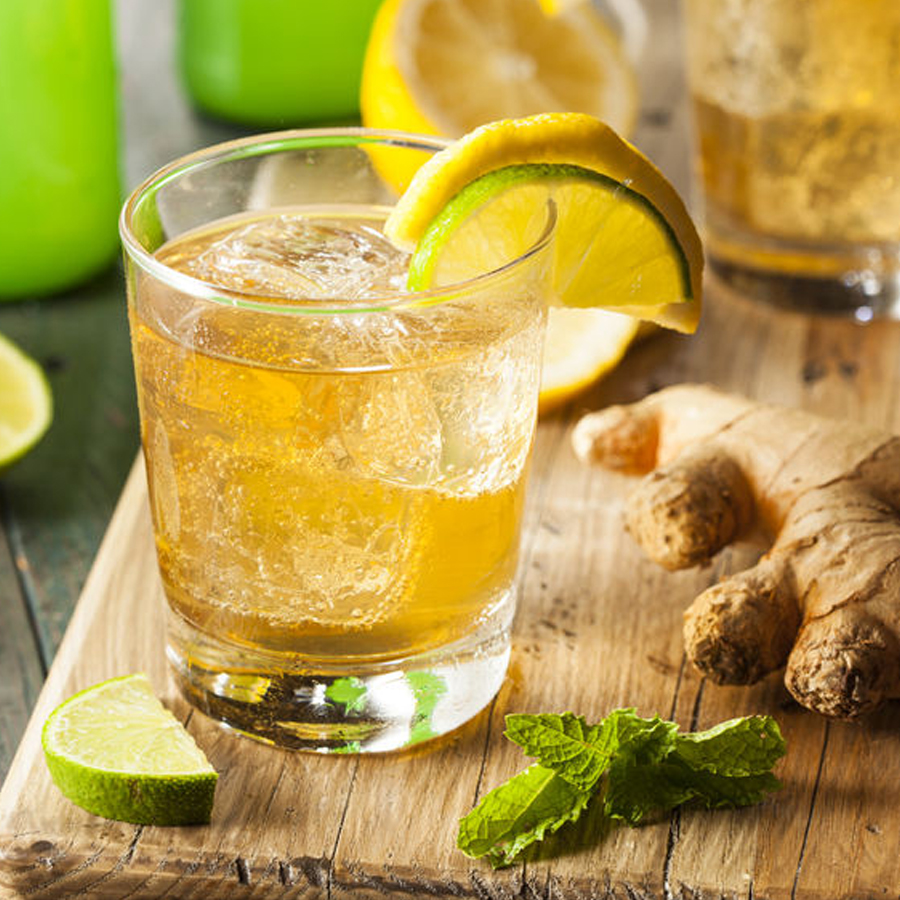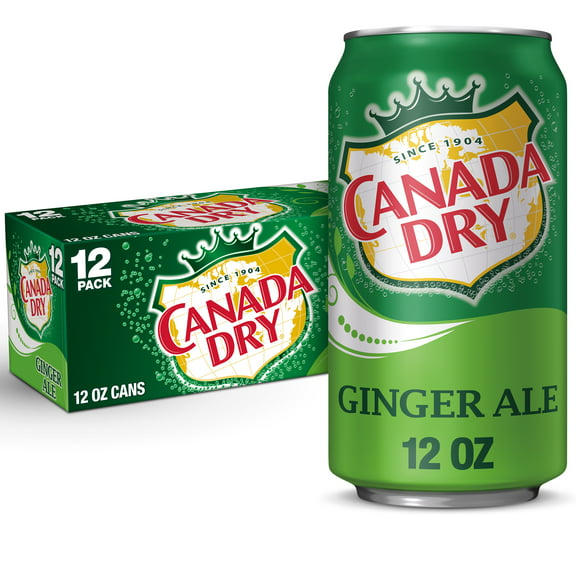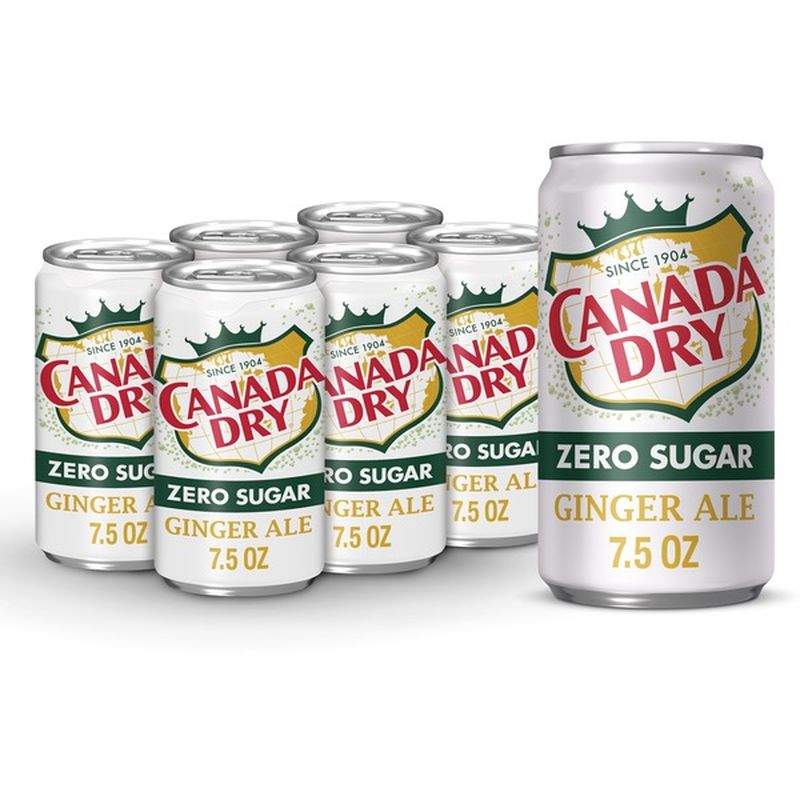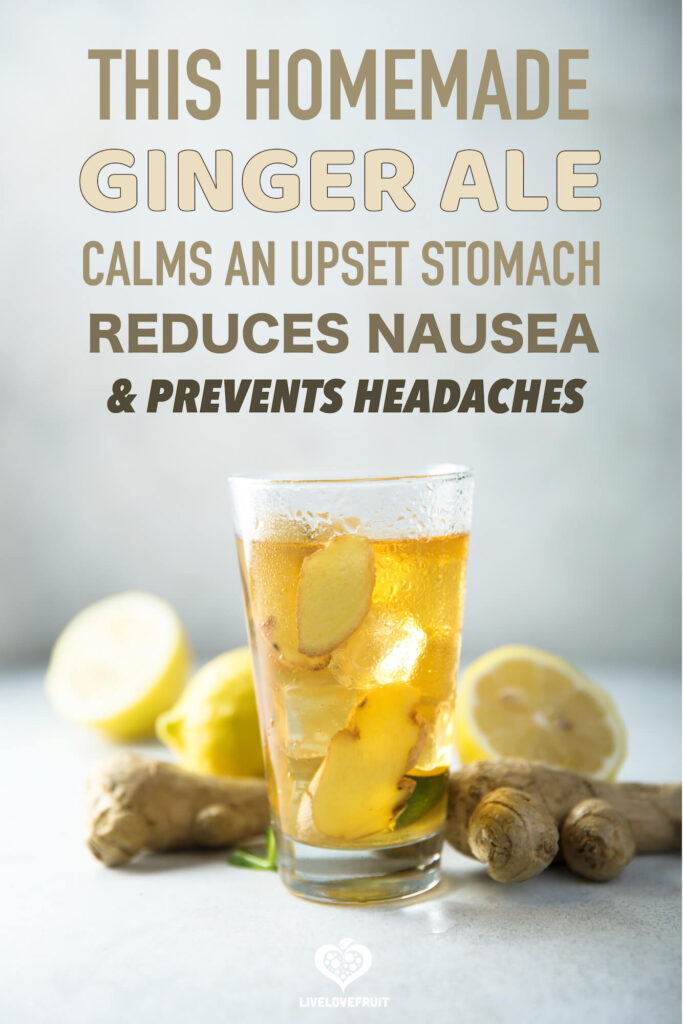Ginger Ale Healthy Or Not

Is Ginger Ale Healthy?
What is Ginger Ale?
Ginger ale is a carbonated beverage flavored with ginger extract, sugar, and other spices. It was originally created in the 19th century and has since become a popular soft drink around the world. It is often served as a mixer for cocktails and is sometimes used as an alternative to ginger beer.
Nutritional Value of Ginger Ale
Ginger ale is typically made with carbonated water, sugar, ginger extract, and various other spices. It does not contain any vitamins or minerals and is often high in sugar content. Depending on the brand, a 12-ounce can of ginger ale can contain anywhere from 24-40 grams of sugar. The sugar content can also vary depending on the type of ginger ale, with some being made with cane sugar or high-fructose corn syrup. In addition, some brands add artificial coloring and flavoring to their ginger ale.
Benefits of Drinking Ginger Ale
Ginger ale is often used as a remedy for nausea, upset stomach, and motion sickness. The ginger extract in the drink is believed to help reduce the symptoms associated with these ailments. Some research suggests that drinking ginger ale may also help to reduce inflammation, lower cholesterol, and improve blood sugar levels. However, more research is needed to confirm these benefits.
Risks of Drinking Ginger Ale
The high sugar content in ginger ale can be a cause for concern for those who are trying to limit their sugar intake. Consuming too much sugar can lead to weight gain and a variety of health issues. In addition, the artificial ingredients that are added to some brands of ginger ale can contain chemicals that can be harmful to your health. It is important to read the label of any ginger ale you consume to ensure you are getting the best quality product.
Conclusion
Ginger ale can be a tasty and refreshing beverage but should be consumed in moderation. While it may have some potential health benefits, it is important to be aware of the potential risks associated with drinking too much of this type of soda. If you are looking for a healthier alternative to ginger ale, you may want to consider unsweetened ginger tea or sparkling water with a splash of freshly-squeezed lemon or lime juice.
References
1. "Ginger Ale Nutrition Facts". Healthline.com. https://www.healthline.com/nutrition/ginger-ale-nutrition-facts.
2. "Ginger Ale: Benefits and Risks". Medical News Today. https://www.medicalnewstoday.com/articles/ginger-ale-benefits-risks.
How to Make Homemade Ginger Ale - Blog | Healthy Options

Homemade Ginger Ale in 2020 | Homemade ginger ale, Ginger ale recipe

Pin on herbalist

All Natural Ginger Ale For Nausea - Engineering Radiance

A Healthy Ginger Ale and Orange Juice Recipe to Freshen Your Day

Ginger Ale

HEALTHY Ginger Ale Recipe (Naturally Sweetened with Honey)

How to Make Ginger Ale [Homemade Recipe] | My Fermented Foods | Recipe
![Ginger Ale Healthy Or Not How to Make Ginger Ale [Homemade Recipe] | My Fermented Foods | Recipe](https://i.pinimg.com/originals/56/9f/59/569f594a1002f4ea0b5359aeda40ce1c.jpg)
Diet Canada Dry Ginger Ale (7.5 fl oz) - Instacart

Drink This Homemade Ginger Ale to Calm an Upset Stomach, Reduce Nausea
